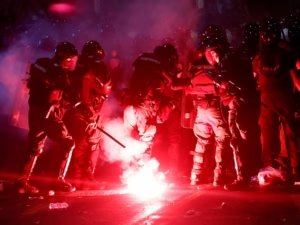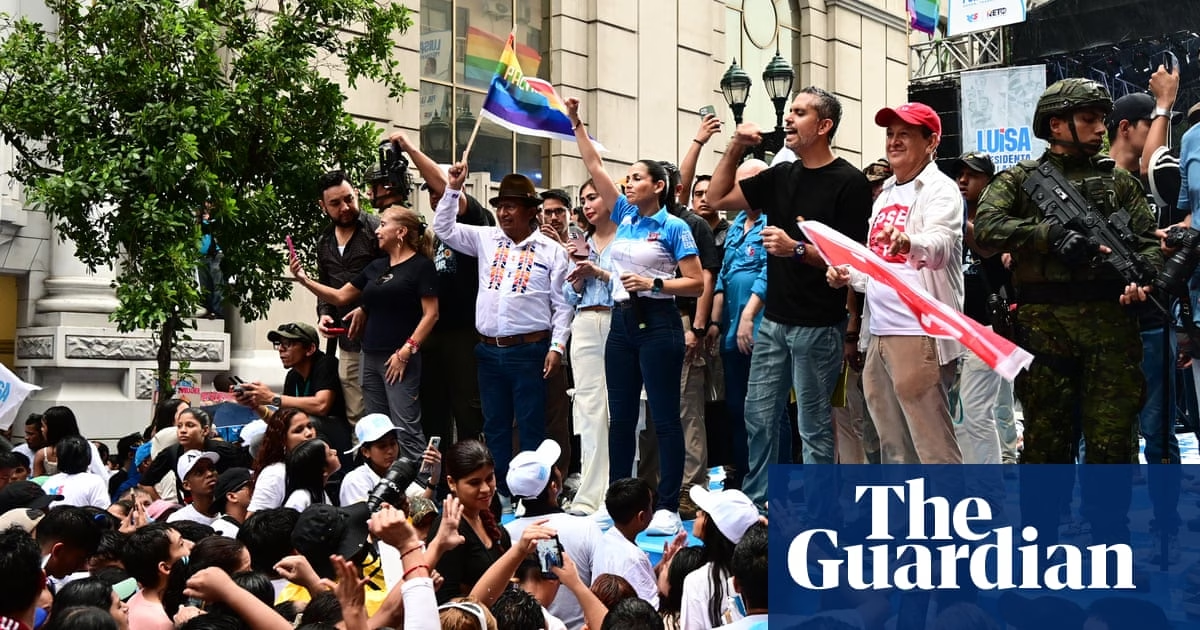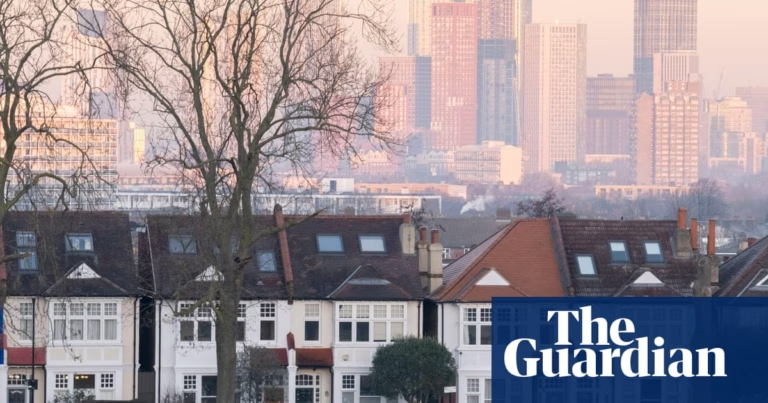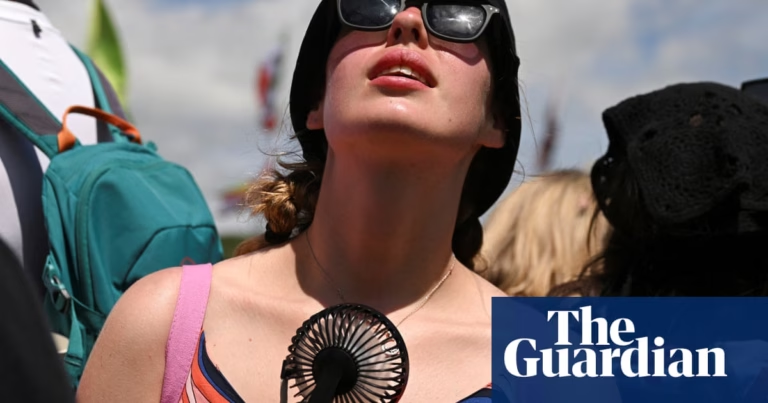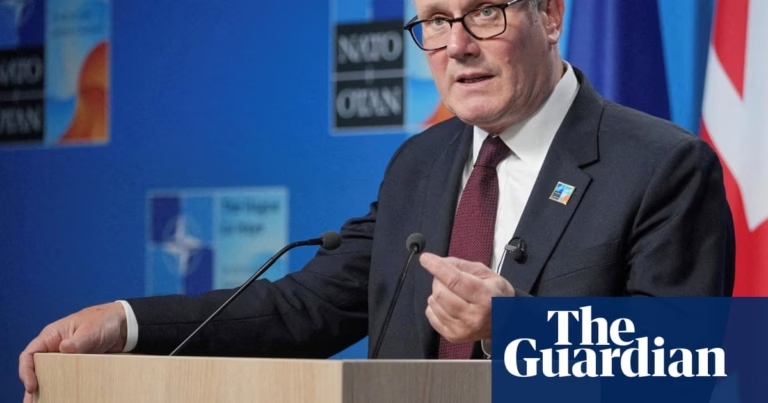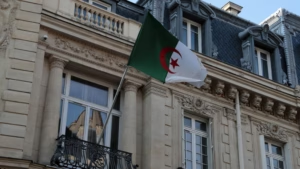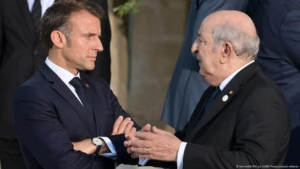Ecuadorians will go to the polls on Sunday in a highly anticipated vote that is widely seen as a referendum on the country’s “war on drugs” policy, which has been marred by numerous human rights violations. Incumbent President Daniel Noboa will face off against leftist candidate Luisa González in a tightly contested runoff election.
Noboa, who is 37 years old, narrowly edged out González, who is 47 years old, in the first round of voting in February by just 16,746 votes (0.17%) out of a total electorate of 13.7 million.
Recent polls suggest that the rematch between Noboa and González is currently a statistical tie. In the 2023 runoff election, the then little-known Noboa unexpectedly won a snap election to complete the term of former President Guillermo Lasso, who had stepped down to avoid impeachment.
Noboa’s first months in office have been marked by the declaration of an “internal armed conflict” and the implementation of an iron fist policy against drug-trafficking gangs, with the armed forces taking center stage. While there was initially a drop in crime, reports of human rights violations have mounted, and violence levels have returned to previous highs. Ecuador now has the highest homicide rate in Latin America, with January and February experiencing the highest rates on record.
In March, the country witnessed one of the most violent massacres in its history when 22 people were killed in a confrontation between rival gang factions in the Socio Vivienda II neighborhood in Guayaquil.
The deteriorating security situation is not the only issue affecting Noboa’s popularity. An energy crisis has led to widespread power outages, the GDP fell by 1.5%, and the poverty rate increased from 26% to 28% between 2023 and 2024.
The political analyst Matías Abad Merchán notes that despite Noboa’s short time in power, an anti-Noboa segment of the electorate has emerged, with some expressing concerns about the president’s authoritarian tendencies.
Noboa’s actions have also sparked controversies, including a diplomatic crisis in April when he ordered a raid on the Mexican embassy in Quito to arrest former Vice President Jorge Glas. Correa, who was once a leftist president and is now living in Belgium, is González’s political patron.
Noboa has made efforts to showcase support from the US, recently visiting Florida to take a photo with former President Donald Trump at his Mar-a-Lago estate.
In the final stretch of the campaign, Noboa announced a strategic alliance with Erik Prince, the Trump-aligned founder of the controversial private military company Blackwater, to bolster his “war” on crime. Additionally, it has been revealed that cocaine was found hidden in banana containers sent to Europe by a company in which Noboa and his brother are majority shareholders.
During a presidential debate, Noboa denied any wrongdoing and stated that his family’s banana company is cooperating with investigators.
After the first round of voting, Noboa alleged without evidence that there were “irregularities,” a claim that was quickly rejected by observers from the European Union and the Organization of American States.
As the runoff election approaches, there are concerns that Noboa may not accept the results if he loses, posing a real risk to the democratic process. A letter from 14 Democratic members of the US Congress has expressed concerns and called on the Secretary of State, Marco Rubio, to emphasize the need for a free, fair, and transparent electoral process in Ecuador.
Source: https://www.theguardian.com/world/2025/apr/13/ecuador-presidential-runoff-election-noboa-gonzalez
